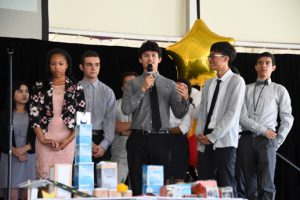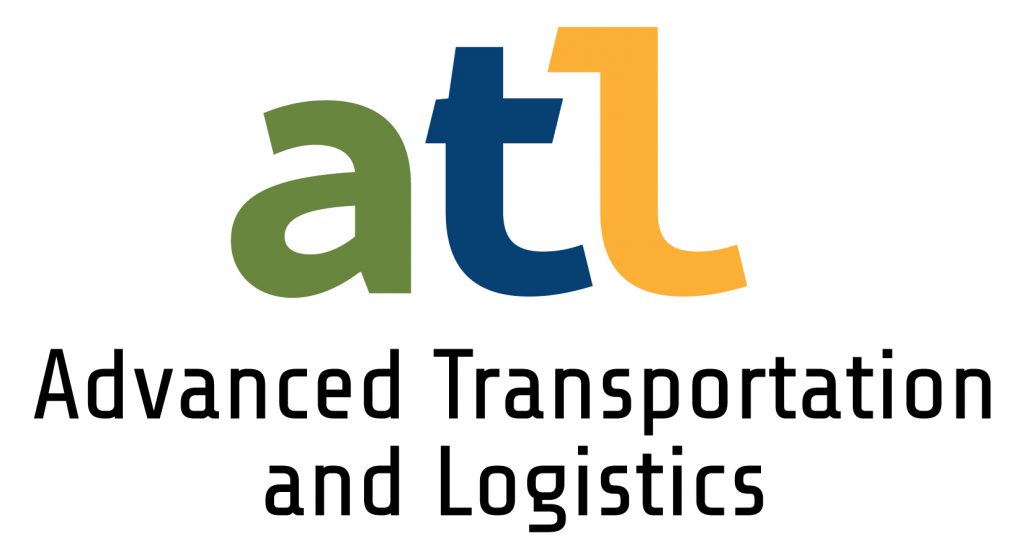
LA Metro interns express thanks at graduation ceremony.
 For the past 20 years the Los Angeles County Metropolitan Transportation Authority (Metro) has provided summer internship opportunities to 11th and 12th grade high school students who are transit dependent, reside in Los Angeles County, live close to a Metro Rail station and whose schools are located near existing or future Metro Rail lines.
For the past 20 years the Los Angeles County Metropolitan Transportation Authority (Metro) has provided summer internship opportunities to 11th and 12th grade high school students who are transit dependent, reside in Los Angeles County, live close to a Metro Rail station and whose schools are located near existing or future Metro Rail lines.The Transportation Career Academy Program (TCAP) offers high school students an opportunity to learn about careers in transportation and enables students to apply classroom theories and concepts to “real-world” work situations at the nation’s third busiest public transportation agency.
Metro uses the program to establish a pipeline of young talented people who can become the next generation of workforce for the public transit industry. TCAP is one of Metro’s Career Pathways programs that are designed to deliver information and resources to enable individuals to gain a broader knowledge of the industry.
This is Metro’s 20th year of offering paid internships to high school students and this program is supported in part by Jannet Malig, Los Angeles/Orange County ATRE-CETI Deputy Sector Navigator.
Internships this year began on June 19 and ended with a graduation ceremony on August 4 at Los Angeles Trade Tech College. There were a total of 105 interns from a group of 213 applicants from nine Los Angeles County high schools. Students worked 30 hours per week for seven weeks. Job duties included developing and maintaining records, scanning, emailing and other administrative support work for Metro departments.
Marion Colston, Senior Director of Strategic and Organizational Planning at Metro, thanked ATTE for providing paid internships to those students who reside in underserved areas. “Your funding provided an opportunity for students to work for seven weeks in a paid internship and to receive weekly in-service training and real-world work experience at the largest transportation agency in the region,” she said.
At Metro, the interns were also tasked to complete four capstone projects that were presented to Metro CEO Phillip A. Washington.
Projects included safety videos, a Smart Cities Architectural Design Model, graphic designs for two shuttle buses, signage for Metro bus and rail and completion of the University of Minnesota’s “Gridlock Buster” traffic mitigation video game. In addition, the CEO invited the interns to attend a Metro Board Meeting where they had an opportunity to meet Los Angeles Mayor Eric Garcetti and the other Metro Board Members.
“Many of the high school graduates that participate in the program reside in Metro’s service area and will also have an opportunity to apply or participate in Metro’s college intern program,” Colston said.


